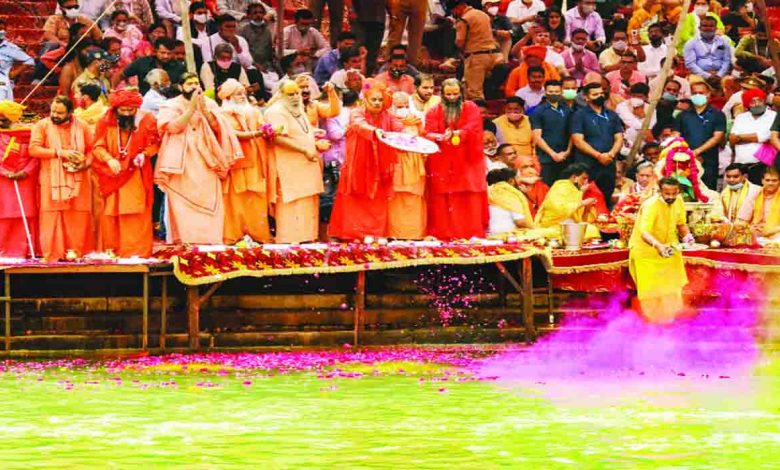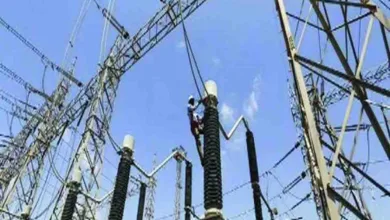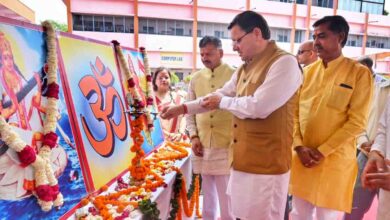Experts fear Kumbh can be Covid super-spreader

Monday, 12 April 2021 | Archana Jyoti | New Delhi
As tens of thousands of devotees get ready to take part in the Shahi Snan on Monday in the Ganga at Mahakumbh in Haridwar amid a raging Covid-19 pandemic, health experts fear that the mega event might turn into a super spreader, adding to the country’s massive caseload which is already breaking records each passing day.
They said that a dip in the water is not the problem but usually it has been seen that in such events where a large number of people congregate, social distancing norms are mostly overlooked while there are always chances of one person infected with the SARS-CoV-2 virus infecting many others.
“That person will not only infect at the gathering but also when he comes back to his native place, he/she will be the reason for infecting his family members or with whomsoever, he/she comes in contact. More, so when the new variant of the Covid-19 is more infectious,” asserted Dr Jugal Kishore, head of the department of community medicine at Safdarjung Hospital.
This year, Kumbh Mela which started on April 1 is expected to be attended by nearly 150 million visitors.
Dr Kishor said that just like all kinds of human interactions and big gatherings, Mahakumbh in Haridwar too can become a reason for spreading the virus. “Usually, in such events people forget social norms as they chant and jostle with each other to take a dip,” he added.
Dr Rahul Bhargava, a hematologist from Fortis Hospital in Gurugram in Haryana, agreed, “There have been various reports along with the snaps of the events appearing daily and one can easily see that the Covid-19 safety distancing norms are being hardly followed. A few are using masks and are not maintaining social distancing.
“People from across the country particularly from Northern India are participating in the event. This time the virus is more infectious. Those returning from the Mahakumbh will be the potential spreader of the disease,” he said.
Though Dr VK Paul, Niti Aayog member was recently evasive on a query that if the religious gathering would be a ‘super spreader’, in March 23 only, Union Health Secretary Rajesh Bhushan at a press conference had observed that currently more than 12 states in India have shown a surge in Covid-19 cases in the past few weeks, and the pilgrims who are expected to visit Haridwar during the Kumbh Mela could also be from these states.
The Secretary had also noted that as per the report of the central team, 10-20 pilgrims and 10-20 locals are testing positive every day. “This positivity rate has the potential to rapidly lead to an upsurge in cases, given the expected large footfall during Kumbh Mela,” he had said.
The Centre had also noted that some 50,000 rapid antigen tests and 5,000 RT-PCR tests were being carried out every day at the festival, “not enough to effectively offset the huge number of expected pilgrim footfall.”
Bhushan said that the Uttarakhand government has been asked to follow all the “stringent measures” to control the spread of the deadly virus during the event.
A study from MIT too suggests that large gatherings have a much larger impact than expected. The study of about 60 super-spreading events showed that events where one person infects more than six other people are much more common than would be expected if the range of transmission rates followed statistical distributions commonly used in epidemiology.






